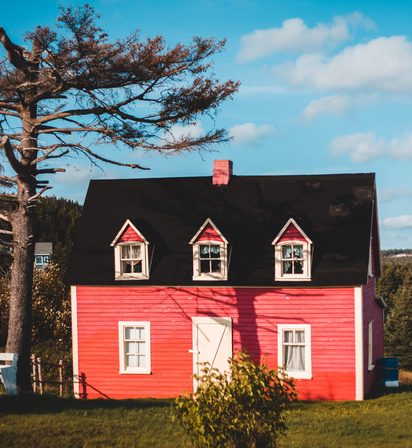Just like there can be many reasons that a survivor may be experiencing homelessness, there are also many solutions. When working with survivors, their safety, personal choice and goals should always be in the forefront.
Investments are needed across the spectrum of housing programs to adequately support survivors seeking safety and stability. Emergency shelter, transitional housing, short term rental assistance, long-term assistance and housing creation are all critical components to a successful housing support system for survivors.
This year, the Vermont State Legislature made historic investments in affordable housing. The Vermont Network worked closely with our partners and allies to advance a budget that included $190 million to increase shelter capacity, build more affordable housing, home ownership and to provide emergency rental assistance. These funds will be especially important as the pandemic brought a significant increase in households experiencing homelessness, with survivors making up about 7% of the total homeless population.
Housing is a human right. We need to ensure that all survivors have safe, and affordable housing so that they can thrive.
In Solidarity,
